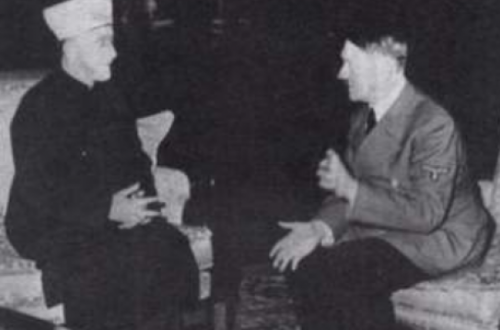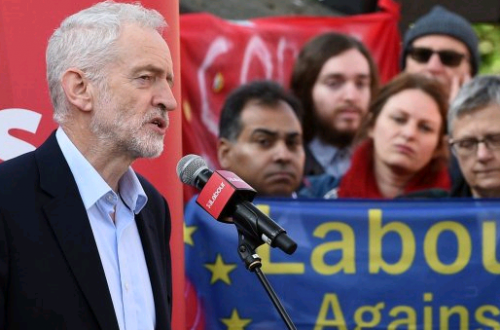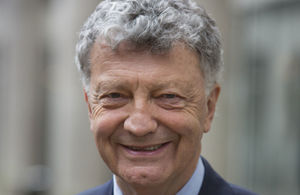This is a guest post by Raphael, an analyst of the Middle East.
Whilst the world faces the mammoth task of prising President Assad’s fingers from his chemical weapons stash, a nuclear Iran looms menacingly over the horizon. But Iran’s new president Hassan Rouhani wants to present himself as a reasonable man, leading a country with reasonable demands.
Rouhani is described by hopeful analysts as a moderate politician. He has so far avoided the headline-grabbing diplomatic faux pas of his Holocaust-denying predecessor Mahmoud Ahmadinejad. Thankfully though, the international community is watching what Iran does, rather than taking Iran’s spokespersons at their word.
So far, the country shows no sign of co-operating with the IAEA, as the Revolution hurtles towards nuclear latency. Just read the IAEA’s latest report.
Rouhani may position himself as a moderate, but this chimes strangely with the evidence on his CV. Rouhani chaired Iran’s National Security Council between 1989 and 2005. This means that he was on the committee when it took the decision in 1993 to blow up the AMIA Jewish community centre in Argentina, in an attack which would leave 84 people dead, the following year. As the council’s secretary, Rouhani would have been present in routine meetings planning this attack.
Can these really be considered as actions of a political moderate? The best defence of Rouhani’s role would be that he was merely doing his job, and we would be rightly suspicious of such a callous line.
In this context, it is understandable why Israel is not hastily praising Rouhani whose achievements include facilitating a mass terror attack on a peaceful nation’s soil.
Having actively participated in planning the murder of Jews – as opposed to snidely denying previous mass murder of Jews on a far larger scale – Rouhani is no improvement on Ahmadinejad.
Listening to Rouhani’s speech at the UN, it was rather grating to hear him condemn terrorism and “structural violence”, when his regime continues to fund terror around the world, strengthening Hezbollah and Hamas through training, money and weaponry.
There is also the matter of Syria’s Assad, who has killed 100,000 of his own people, whilst receiving arms and tactical help from Iran on a daily basis.
Given Rouhani’s track record regarding terrorism, it is disconcerting to think what he might do with military capability. It is not as if Rouhani can be trusted on nuclear issues either, despite his diplomatic bluster. Here is what he told a domestic audience in 2006, speaking of his role as Iran’s nuclear negotiator:
When we were negotiating with the Europeans in Teheran we were still installing some of the equipment at the Isfahan site. There was plenty of work to be done to complete the site and finish the work there. In reality, by creating a tame situation, we could finish Isfahan.”
Rouhani is not reassuring in the slightest.


